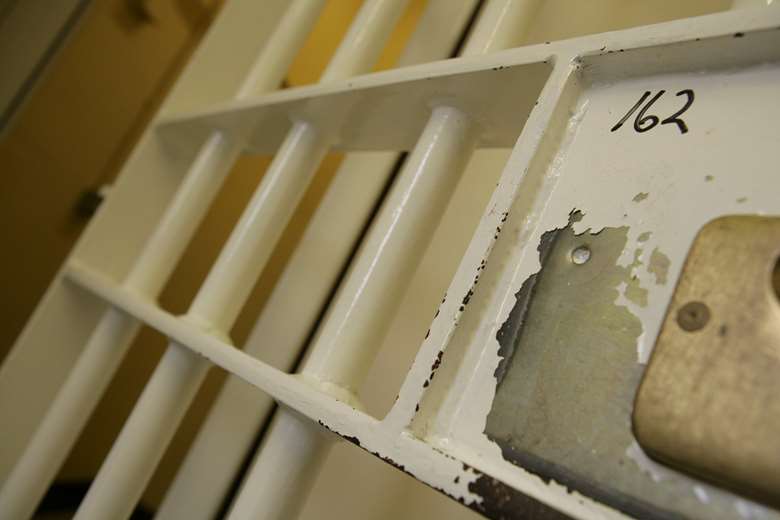‘More effort’ needed to bring down high levels of violence at STC
Nina Jacobs
Wednesday, April 29, 2020
High levels of violence at a secure training centre (STC) are leaving many young people feeling unsafe in their accommodation, inspectors have said.

In a joint report from the Care Quality Commission, Her Majesty’s Inspectorate of Prisons (HMIP) and Ofsted, inspectors said “more effort” was required by leaders and staff at Rainsbrook STC to reduce levels of violence further throughout the centre.
They handed the Warwickshire-based facility an overall rating of "requires improvement to be good", a judgment that took into account how well children and young are helped and protected.
-
Violence and youth work cuts
-
Fall in YOI staff linked to restraint increase
-
Restraint and self-harm in youth custody at five-year high
It marks the fourth inspection in four years that Rainsbrook has been rated as requires improvement overall.
Following an inspection visit carried out from 17 to 21 February, inspectors said that progress since the previous inspection in 2018 had been “piecemeal”, with too many young people reporting they felt unsafe in their living units and in the education block.
Despite an “encouraging” downward trend in levels of violence, they judged them still to be “too high” with a recorded 110 assaults on staff, of which five required follow-up hospital treatment, in the six months leading up to the inspection.
In terms of assaults on children, the report highlights more than 100 incidents together with 93 fights between children over the past six months, of which 15 children required follow-up hospital treatment.
However, inspectors flagged up the rate of use of force at the centre had decreased slightly since the previous inspection, with 480 incidents involving the use of force in the previous six months.
With an average of 80 incidents each month, 70 per cent of the total use of force over this period was “lower-level”, meaning far fewer children experienced restrictive higher-level restraints, they said.
The report focuses on a high turnover and attrition rate of custodial care officers (CCOs) at the centre, particularly since January 2019, as a “major impediment” in progressing planned improvements.
“The centre has consequently struggled to meet minimum levels of staffing on a regular basis. Many CCOs leave within the first six months, or before a year has elapsed, and only half remain in post for longer than a year.
“Many children find this level of change and churn in their lives destabilising, adding to their experiences of insecurity and anxiety in their living units. Too many children lack trusting, continuing relationships with their residential unit key workers,” the report states.
Children raised concerns about the high turnover of staff and their level of experience, as well as their own and other children’s ability to manipulate some of the staff.
“While relationships between staff and children often appear positive, this is frequently couched within a culture of limited assertive interventions with children by frontline custody care officers when it is required for their safety and wellbeing.
“Inspectors witnessed staff failing to challenge poor behaviour, such as disrespectful or intimidating behaviour,” the report adds.
In terms of children’s resettlement and health, inspectors judged both these areas to be "good", reporting that resettlement planning started soon after a young person’s arrival at the centre.
“A strong multi-disciplinary model underpins this essential work, and progress is regularly reviewed with children, who actively participate and contribute to their plans,” the report concludes.
The implementation of Secure Stairs, an NHS integrated care model to improve the psychological wellbeing of children in custodial settings, had progressed since the last inspection and was informing more interventions with children, it adds.
Meanwhile, HMIP has published a new report on Werrington YOI, in Staffordshire. Inspectors found the facility was found to be improving in many areas, with good care for the children detained, but high levels of violence remained a challenge.




